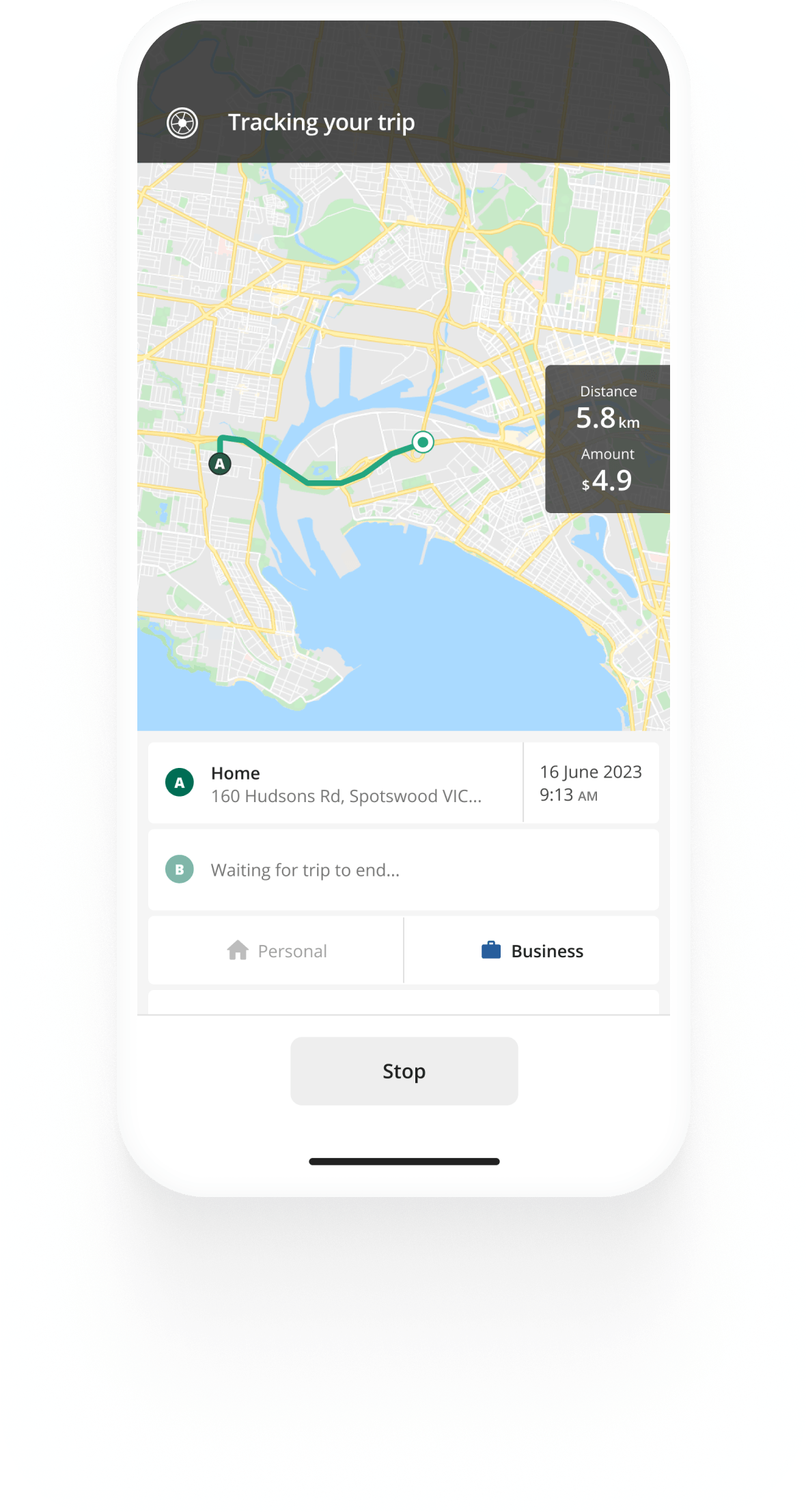Track mileage automatically
Get started.svg)
How to Set Up a Beneficial Company Car Policy
If your company has employees who need access to a vehicle as part of their jobs, you may choose to provide company cars. Often, a company car is also provided as an incentive to employees as it is an expense they no longer have to bear with their salary.
The benefits of providing company cars to employees
Apart from the obvious advantages to the employee, there are potential benefits to the business with having a company car policy. Unlike paying a salary, a company car is still an asset owned by your business. While it may depreciate in value over time, it is still useful and may be utilized by another employee if the original recipient happens to leave.
While company vehicles are frequently assigned for the sole use of one employee during work or after hours, they may still be used for business-related requirements by another employee if needed.
Set your employees up for success by automating their work-related travel logs with the Driversnote automatic vehicle logbook app.
Of course, the business can claim the associated expenses with running a company vehicle policy as a tax deduction.


Kilometre tracking made easy
Trusted by millions of drivers
Automate your logbook Automate your logbook

Automatic mileage tracking and ATO-compliant reporting.
Get started for free Get started for freeExpenses associated with providing company cars
Aside from the purchase (or lease) price of the company vehicle, there are a number of ongoing costs associated with providing company cars to employees. Registration and insurance need to be paid for, and if a loan was required for the purchase, there will be borrowing expenses such as interest on the loan.
Since the vehicle is owned by the business, then servicing and maintenance costs are also borne by your company rather than the employees. Fuel and tolls are also generally paid for by the company.
Tax rules for company cars you should be aware of
Generally, the expenses with company cars may be claimed as a tax deduction. However, to do so, you must prove that there is substantive business usage with the vehicle. The best way of doing this is by keeping a compliant logbook. A logbook must be maintained for 12 continuous weeks, which is then effective for 5 years, so long as driving remains the same in these 5 years.
Fringe Benefits Tax (FBT) may apply when a business has a company car policy. Every night that the employee has exclusive use of the vehicle for personal usage attracts FBT, which is taxed at the highest marginal tax rate of 47%. There are, however, certain vehicles that are exempt from FBT. These include:
- Single cab utes
- Dual cab utes, 4WDs or any other road vehicle that can carry over 1 tonne or carry more than 8 passengers, including the driver.
- Panel vans or goods vans
- Modified vehicles, such as a hearse, where the modification permanently changes the design of the vehicle
- Taxis
Setting up a company vehicle policy that benefits both your business and employees
The most effective company vehicle policy maximises the usefulness of the car for both the employer and the employee while claiming as much as possible as a tax deduction without having to pay FBT. Choosing a company car that falls under the FBT exemption is the best place to start when considering providing a company car.
Next, ensure that employees maintain their logbook appropriately to demonstrate substantive business usage. If there isn’t significant use of the car for business use, then you won’t be able to claim any of the company car tax deductions.
Finally, ensure that the cost of owning the company car is of sufficient value to the business to warrant the outlay. If you have a small business with limited turnover and all your staff have expensive company vehicles, then the business might end up experiencing financial difficulties.
FAQ

Tired of logging mileage by hand?
Effortless. ATO-compliant. Liberating.
Latest posts
- Hiring Employees as a Sole Trader
- How to Write Off a Car for Business in Australia
- Employers' Guide to FBT-Exempt Benefits
Related posts
ATO Mileage Guide
25 June 2024 - 5 min read
Learn about the rules of reimbursing employees for their car expenses or deducting expenses as an employee or self-employed individual.
Hiring Employees as a Sole Trader
15 April 2025 - 5 min read
How to hire employees as a sole trader in Australia and the main obligations and considerations in doing so.
How to Write Off a Car for Business in Australia
15 April 2025 - 2 min read
Don't miss out on writing off a car for business - it may be the largest deduction you can claim as a business owner. See the 2024/25 ATO rules.

.svg)
.svg)